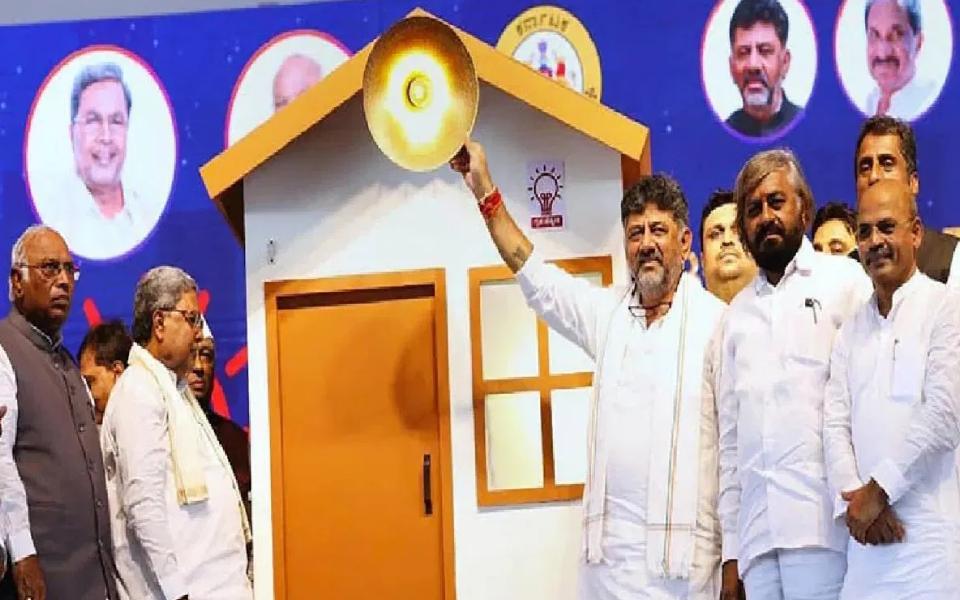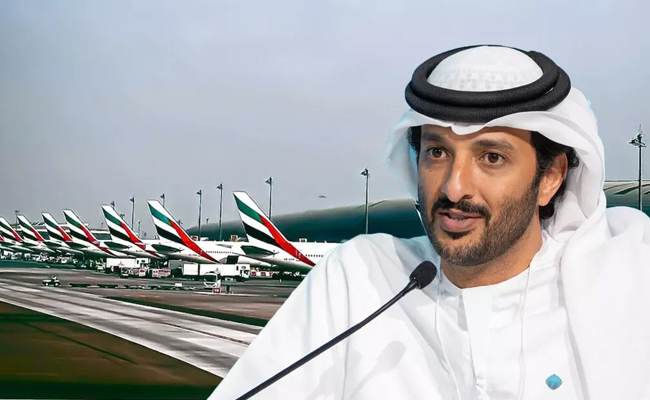Bengaluru: The Karnataka Cabinet, headed by Chief Minister Siddaramaiah, has announced a key modification to the rules governing the Gruha Jyothi scheme, which provides free electricity for consumption up to 200 units. The government has decided to eliminate the 10% additional subsidy on average usage and instead introduce an allocation of 10 extra free units, irrespective of usage, up to the 200-unit limit.
Under the previous system of the Gruha Jyothi scheme, the state government determined free electricity by considering the consumer's average usage over the past 12 months. An additional 10% was then added to arrive at the entitled free usage.
With the latest decision, the 10% additional units have been removed, and consumers will now receive 10 extra units of free electricity, regardless of their usage, up to a maximum of 200 units.
ALSO READ: Maharashtra govt officials should not enter Karnataka: Siddaramaiah
For example, if a consumer's average usage is 80 units, they will now be entitled to free usage of 90 units. Similarly, if a consumer's average usage is 165 units, they will receive free electricity for 175 units. The implementation of this new rule is expected to commence with the bills generated in February.
While this adjustment benefits consumers using below 100 units, it poses a disadvantage for users consuming above 100 units. Energy Minister KJ George stated that the government would incur an additional cost of Rs 500 to 600 crore due to this modification.
The 'Gruha Jyothi' scheme is one of the five guarantees implemented by the Congress-led government in the state, aiming to provide free electricity to eligible households. Chief Minister Siddaramaiah launched the scheme in August last year in Kalaburagi.
Let the Truth be known. If you read VB and like VB, please be a VB Supporter and Help us deliver the Truth to one and all.
Udupi: Manju Kola, husband of former Udupi City Municipal Council Vice-President Lakshmi Manjunath and a Hindutva organisation leader, was stabbed during a meeting held to settle a dispute related to a love affair at Malpe on Tuesday night.
Police have arrested five accused in connection with the case.
According to information available, Manju Kola had reportedly called for a compromise meeting near Malpe beach in the Palimaru area on Tuesday evening to resolve an issue involving a couple. During the discussion, a heated argument broke out and a youth allegedly stabbed Manju Kola.
He sustained injuries to his abdomen and collapsed. He was immediately shifted to a private hospital in Udupi for treatment.
Udupi Superintendent of Police Hariram Shankar said that five accused have been arrested in the case. As per preliminary investigation, the incident appears to have occurred due to personal reasons. He clarified that there is no communal angle to the incident and urged the public not to spread rumours.
The injured Manju Kola is out of danger and his condition is stable, the SP said.





